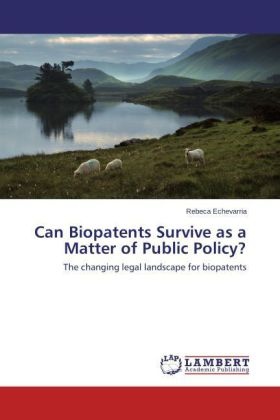Read more
Bioproduct patents hold great promise for developing new and impactful medical treatments, but much of their potential depends on the ability of federal patent regulations to foster innovation and progress, both in their regulatory effect and through predictable and consistent application of patent law. Unfortunately, patents often fail to foster innovation and progress, especially in the biotechnology sector. Among Bioproduct research, Stem cells hold particularly great promise for medical cures and treatments. Recent Supreme Court decisions, however, have raised uncertainty as to stem cell patent eligibility. This uncertainty may ultimately block invention pathways to market and dampen investor interest in commercialization, which may slow the overall development of new technical applications and limit their public benefit. This book will explore the patent-eligibility of two broad categories of stem cells--human embryonic stem cells and induced pluripotent stem cells--to explain why biopatents cannot survive under current patent law as a matter of public policy.
About the author
Rebeca Echevarria Harasimowicz graduated Wake Forest University's School of Law and Graduate School of Arts and Sciences with a Juris Doctor and Masters in Bioethics in August, 2014. She is currently an Intellectual Property and Patent law clerk at Parsons Summa, PLLC in Charlotte, North Carolina.

